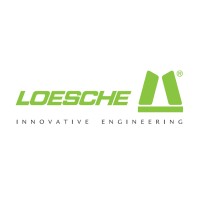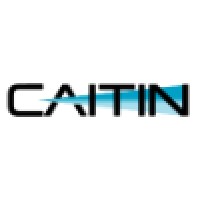
Loesche America Inc.
Grinding expertise at the reach for all the Americas. Loesche America, Inc. is a subsidiary company of Loesche GmbH, located in Pembroke Pines, FL and opened its doors to our customers in 1996. Our currently offerings of vertical roller mills (VRM) are designed by our headquarters in Germany. The mills components are manufactured throughout the European region, with state of art technology. Loesche America, Inc. offers innovative engineering solutions for various types of dry grinding and processing of cement, coal, minerals and other raw materials. The size of projects can vary from mill supply plus basic engineering to complete plant supply or even turn-key solutions. Our office also provides technical enhancements of existing plants, expert on-site engineering services as well as a fast-acting spare parts support.






